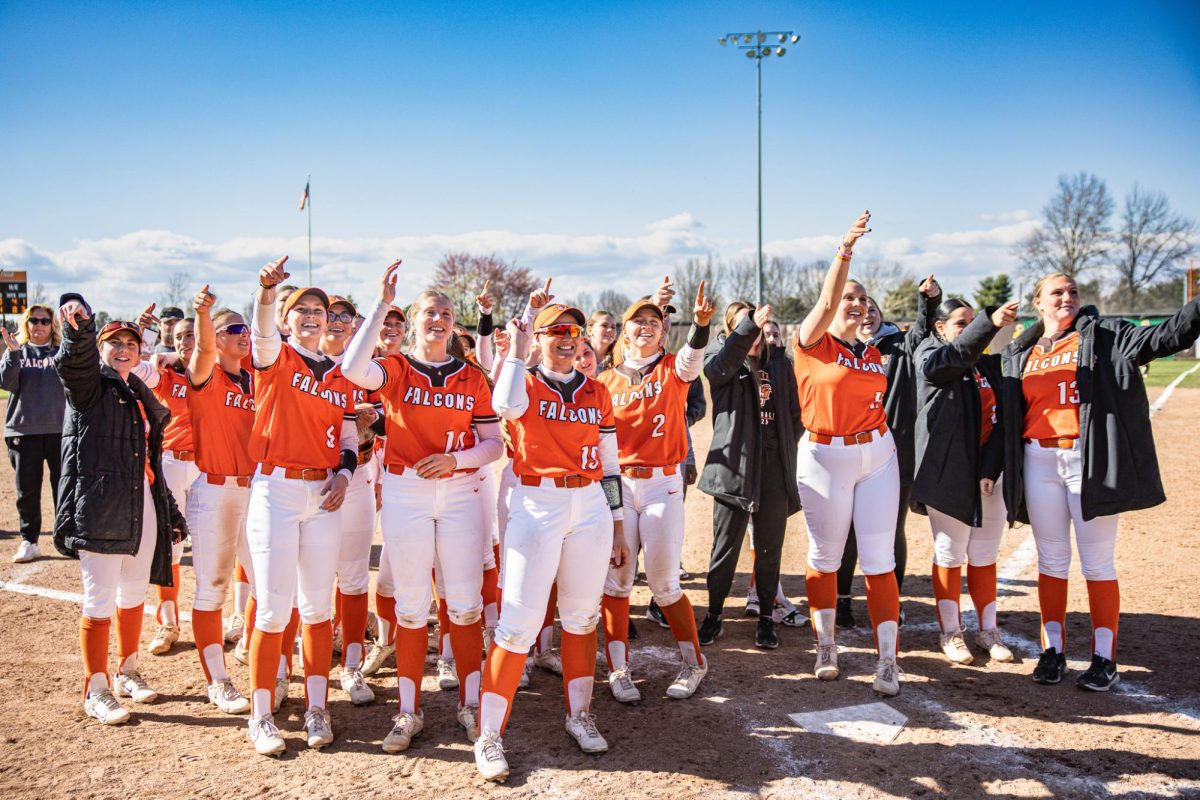On the day President Mazey collected her $50,000 annual bonus, she reported to staff and faculty that an outside consulting firm has been hired to conduct an “opportunity assessment” because the University faces an estimated “shortfall of $3 million to $10 million over the next two to three years.”
Accenture, the company that will earn a minimum of $500,000 to assess the University’s opportunities, advertises that it is able to pinpoint areas where a “shared services” model can save money for universities. Their literature explains: “a major benefit of the shared services model is that it frees up scarce resources to allow departments to focus on their core mission and on their customers’ needs.”
You, dear students, are the “customers” to whom Accenture refers. You are no longer students committed to the pursuit of higher learning and professional training. No, you are customers. Students exist to grow intellectually. Customers exist to buy goods and/or services.
This corporate model of education where you are the consumer has led to universities outsourcing major services. Here at the University, food service is outsourced. New residence halls are outsourced. Student health care has been outsourced. And many other services have been outsourced.
In theory, this allows the university to focus [as Accenture noted] on its “core mission.” Hypothetically, because the ancillary services have been outsourced, there would be no need to outsource the core mission, the pursuit of education. However, in practice, we find another story emerging.
The University has outsourced aviation courses. Likewise, a form of “outsourcing” began this fall with the implementation of Math Emporium. As reported in Zoom News on June 20 of this year: “The [Board of] Trustees approved a number of capital improvements to campus buildings … Chief among the developments is the creation of a ‘Math Emporium’ in Olscamp Hall. The trustees approved $5.65 million for the project.”
As those of you enrolled in Math Emporium know, the instruction is designed to be self-directed and individually-paced through the use of an interactive software program. Instead of working with teachers, most students will get help from “instructional assistants.”
To paraphrase what one student shared with me, “This is not what I came to college for. I want to learn from professors.”
In an April 22, 2012 Washington Post article, Daniel de Vise reported that at Virginia Tech, “The Emporium is the Wal-Mart of higher education … 8,000 students a year take introductory math in a space that once housed a discount department store.”
Universities once known for the Colloquium, now have the Emporium. That’s right, former mathletes, our Golden Ratio is deeply discounted and ready to move. You’ll look stunning in our Fibonacci Sequins as you power through those equations.
And, with Math Emporium now conveniently located in Olscamp Hall, what store, um, I mean what courses might we find next door? Papers-a-Million where you can get a library-sourced research paper for the price of a five-paragraph theme? Or how about TJ Saxx where you can find this past year’s music lessons for a song.
Snark and sarcasm aside, students need to demand that their tuition dollars build a community that treats them as scholars, not as customers. On the surface, phrases like “customer satisfaction” and “customer relations” have a nice ring to them.
However, we need to remember that the only power a customer has is the money she or he has to spend. Those of us who work in education would be well served to see what we do as more than a business and the students we work with as colleagues, not customers.
Respond to Julie at
thenews@bgnews.com









